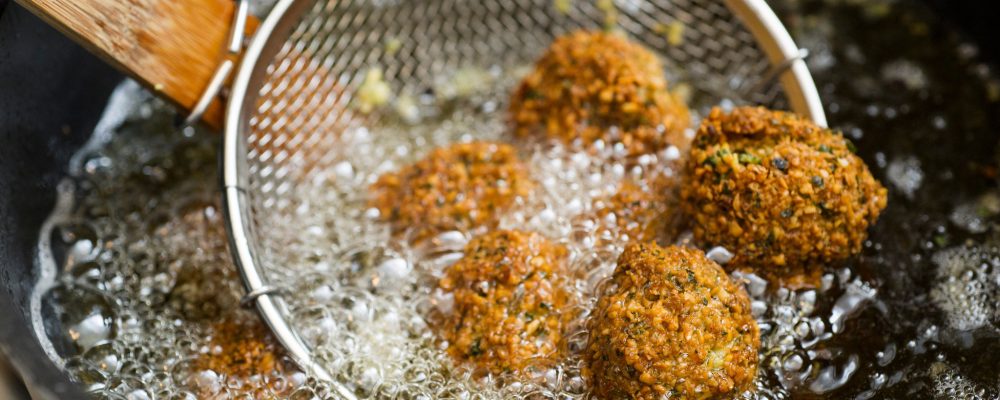A new study finds that 42% of UAE residents consume more fried foods during Ramadan and Eid, yet 55% are unaware of oil smoke points – a critical factor in healthy frying practices. Encouragingly, 53% would consider switching to an oil with a higher smoke point if they knew it was healthier for frying, demonstrating significant openness to education on the subject.
As families gather for traditional feasts during Iftar and Eid featuring deep-fried favorites such as samboosa, falafel, and luqaimat, understanding the properties of different cooking oils becomes crucial for both taste and health considerations. The findings highlight the need for consumer education around appropriate oil selection during religious festivities.
Dr. Dana Al-Hamwi, a clinical dietician at Dubai London Hospital, adds, “Raising awareness about oil smoke points is crucial, especially during Ramadan. When oil reaches its smoke point, it breaks down and releases harmful compounds and toxic fumes. Using the wrong oil for frying can produce free radicals that may contribute to inflammation and chronic diseases, affect the taste and quality of food, and might lead to digestive issues and discomfort after Iftar.”
For those who choose to fry, Dr. Al-Hamwi recommends oils with high smoke points above 200°C (400°F), including avocado oil, palm oil, sunflower oil (refined), and canola oil. She advises against using extra virgin olive oil, flaxseed oil, and walnut oil for deep frying.
Commenting on the increased fried food consumption habits, Dr. Mishika Khithani, Functional Medicine and Integrative Physician at Maison Santé, adds, “While occasional consumption of fried foods is acceptable, the type of oil used is crucial. Using seed oils to fry foods can significantly impact one’s health and drive-up inflammatory markers leading to metabolic dysfunction, obesity, and cardiovascular problems. These oils are a significant source of oxidative stress to the body because they may skew the ideal omega-6:omega-3 ratio if consumed in excess. An important health tip is to never reuse any oil for frying once it has crossed its smoke point.”
One alternative that is gaining recognition for its frying benefits is palm oil. With a high smoke point of 235°C, palm oil remains stable under high heat, making it an ideal choice for deep frying. Unlike oils with lower smoke points, palm oil retains its nutritional integrity and does not degrade as quickly, ensuring both food safety and flavor preservation.
Beyond its cooking stability, palm oil offers several nutritional advantages relevant to health-conscious consumers. Not only is palm oil free of trans fats, but it is one of the richest sources of Vitamin E antioxidants, which come in two main varieties: tocopherols and tocotrienols. While both offer antioxidant benefits, tocotrienols found in palm oil provide enhanced protective properties.
For healthier frying during Ramadan, Dr. Al-Hamwi also suggests using fresh oil rather than reusing old, oxidized oil, frying at medium-high heat (around 180°C/350°F) to prevent burning, and draining excess oil using paper towels to reduce grease intake. She encourages people to try baking and air frying instead of regular or deep frying.
With Ramadan and Eid festivities playing a central role in the UAE’s cultural landscape, informed cooking practices can contribute to healthier celebrations without compromising on tradition or taste.
The survey was conducted by YouGov on behalf of the Malaysian Palm Oil Council, sampling 1,200 UAE residents aged 18 and above from diverse cultural backgrounds.




